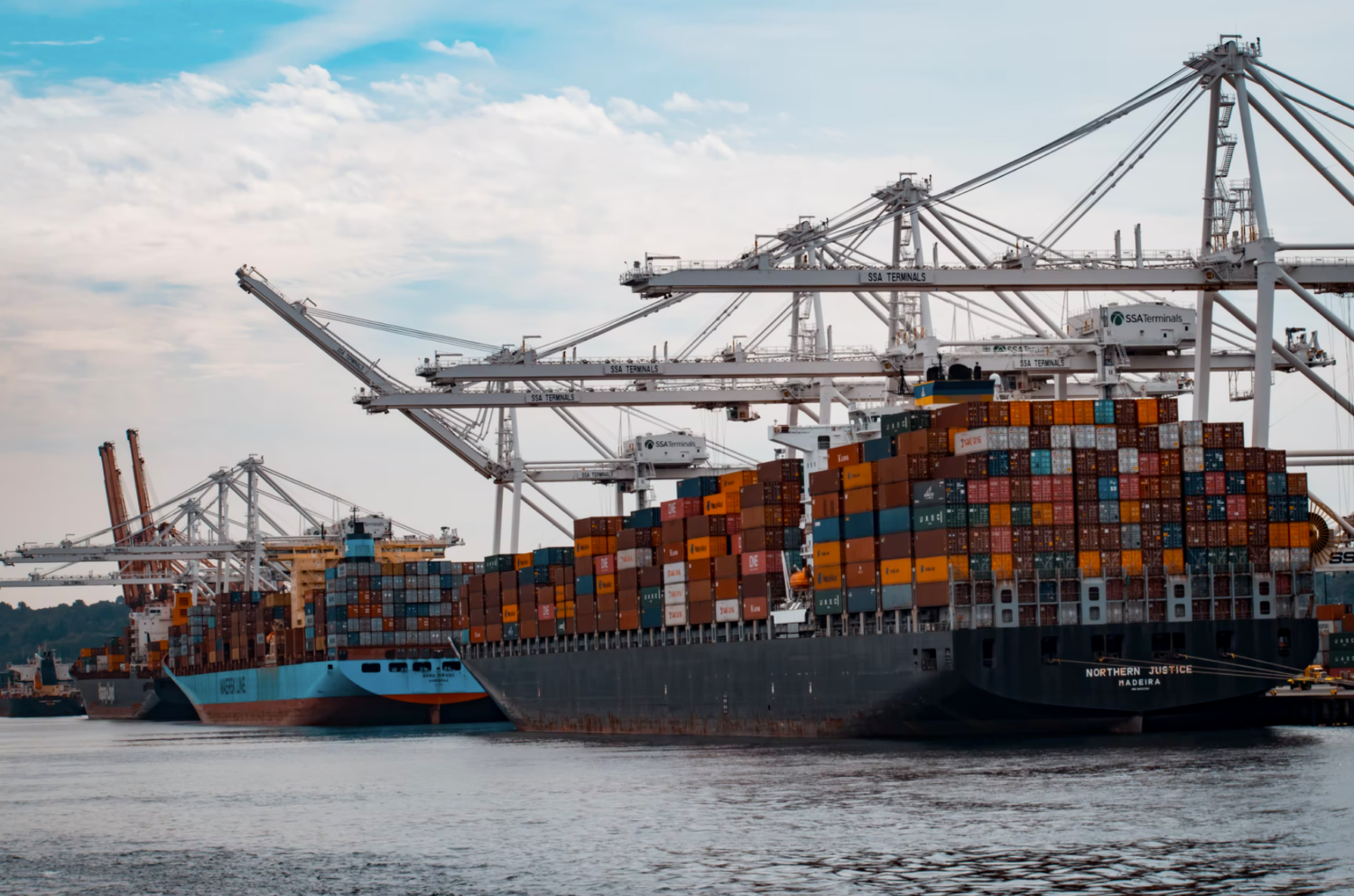On June 17, 2021, the governments of the United Kingdom and Australia reached an agreement in principle for a Free Trade Agreement to establish a general deal framework, but the negotiations over specific details between the two countries have since become contentious. The deal reduces tariffs on U.K. exports to Australia and Australian exports to the U.K. while making it easier for workers and foreign investment to operate between the two countries.
One central feature of the agreement that has come under scrutiny is the financial impact of U.K. agricultural exports. Easier Australian exports of agricultural goods to the U.K. could undermine the economic future of British farmers. However, the U.K. government has a strong incentive to get the deal done to restore its status in the global trade network following its exit from the European Union.
The U.K.’s bold decision to leave the EU put its trade deals in a precarious position: should the U.K. provide favorable terms to trading nations with the priority of finalizing an agreement or should it play hard ball and risk an agreement falling apart? The principal FTA between the U.K. and Australia represented a major step in answering this question since it was the first post-Brexit bilateral trade deal that the U.K. has signed. The mixed track record from the U.K.-Australia negotiations provides a murky path forward for the U.K. and only future negotiations can determine whether the agreement in principle will materialize into a finalized trade agreement.
As a result of the U.K.’s exit from the European Union, it has needed to renegotiate its bilateral and multilateral trade agreements to reflect its newly independent status. While the U.K. has maintained rollover trade deals with smaller trading partners, they notably lost large-scale trade agreements with major trading partners including the United States, Australia, the European Union itself, and China. The U.K. suffered a blow to its trade goals in September 2021 when U.S. President Joe Biden indicated that a deal with the U.K. was not likely to be signed in the near future. While the U.K. and the EU did come to an agreement called the Trade and Cooperation Agreement in late 2020, the scale of the deal falls short of a free trade deal since the deal disproportionately favors the EU. In both the U.S. and EU negotiations, the U.K. lacks leverage to a degree that is not necessarily present in the negotiations with Australia.
Domestically, British farmers strongly oppose the deal. Since the primary income source for British farmers comes from selling agricultural products, the potential for an influx of agricultural products from Australia could limit the earning potential of these farmers. Australian farmers have access to products and production methods that are prohibited in the U.K. which allows some Australian farmers to produce goods at a lower cost. British farmers could face significant losses to compete with the Australian products introduced to the market by the FTA. As such, this has remained a looming area for further negotiation between the two nations.
The implications of the FTA reach far beyond U.K.-Australia relations since the terms reached in this deal could influence the U.K.’s negotiations with other major trading partners such as the U.S. and Brazil. The lack of traction in U.S. and EU negotiations means that the U.K.’s progress towards finalizing a deal with these parties has stagnated. This lack of movement with the U.S. and the EU places more pressure on the U.K. to finalize this deal with Australia. Finalizing a deal with Australia could show the U.S. and the EU that the U.K. has the capability and willingness to complete a trade deal.
The British government’s choice seems to be either negotiating better terms that could mitigate the potential harm to their farmers but risk losing the deal altogether, or it can settle for slightly worse financial terms to ensure that the deal gets completed. Thus far, it appears that the British government has prioritized completion of the deal over trying to attain ideal conditions in the agreement.
While it is possible that the U.K. can complete the deal for favorable economic terms, the negotiation process has presented significant hurdles for British economic interests. Currently, the deal with Australia would represent only a very minor improvement to the U.K.’s economy. Experts estimate that the FTA would only increase the U.K.’s economic output by 0.02%. This percentage increase translates to a net gain of about £3 to £7 per person over the next 15 years, which is a worse rate than in the U.K.’s previous agreement with the EU.
This lack of improvement in economic standing indicates that the U.K.’s primary motivator in completing a deal is to reintegrate into the world economy. However, it represents an idealistic viewpoint to think that a country can simply neglect economic benefits and costs in a negotiation process. The constant outpour of domestic pushback to the FTA serves as an active reminder of that. If the U.K. can finalize the FTA with Australia in a relatively short time frame, then the momentum from that deal could potentially spillover into negotiations with other countries. This balancing act between negotiating better economic terms in the deal and the necessity of completing a deal for international standing is one that the British government must carefully navigate.
The pressure is on the U.K. to prove that its exit from the EU can lead to productive economic and diplomatic relationships with other nations. While the benefits to the U.K.’s economy appear to be limited, the potential of poor terms for British farmers looms large in the face of these negotiations. The eyes of the rest of the world are on these negotiations, and the U.K. does not want to risk jeopardizing the FTA.
Image Credit: Image by Andy Li is licensed under Unsplash License



